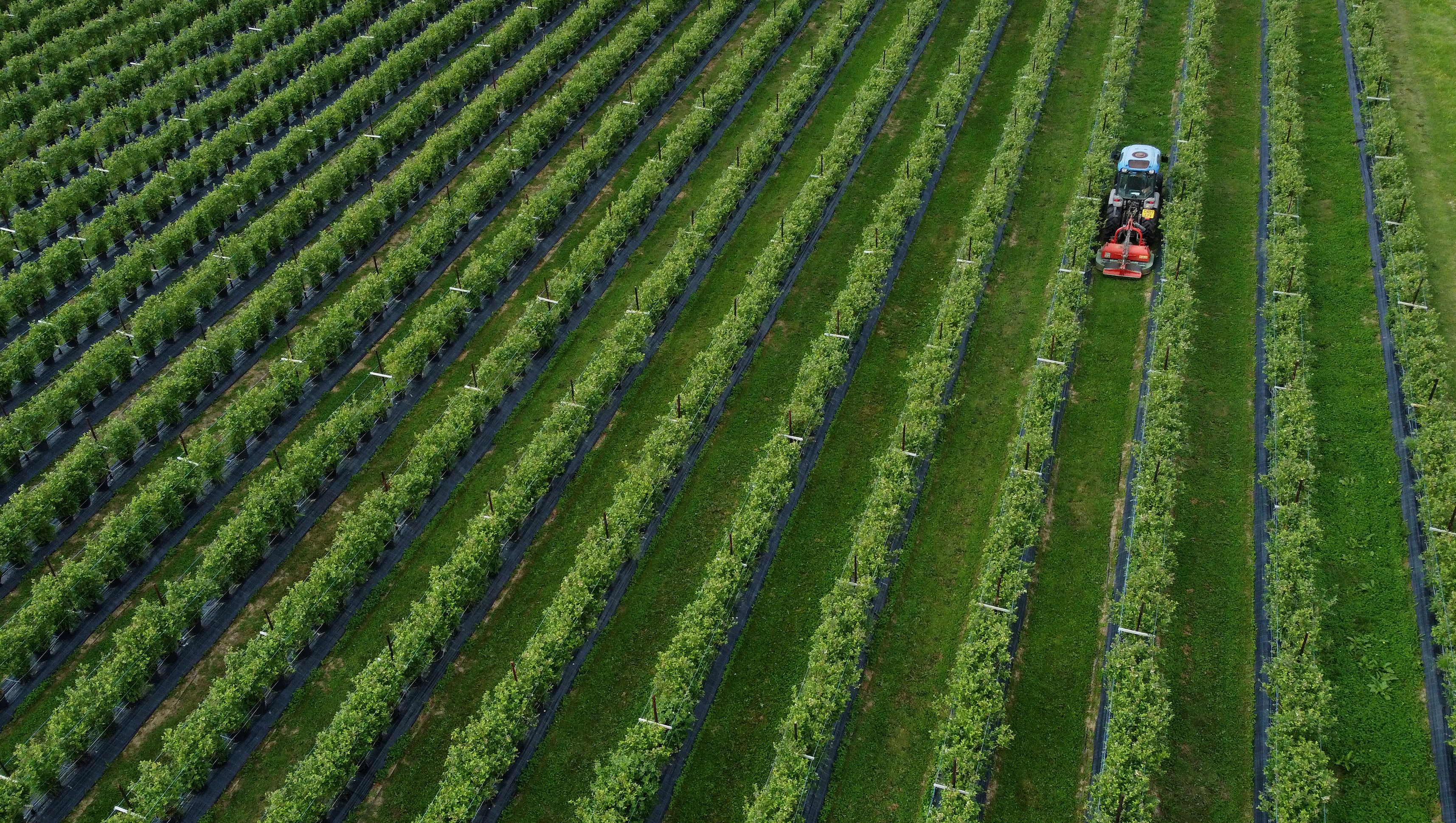Gas prices to push up farmers’ fertiliser costs by nearly £2bn
The higher costs are likely to find their way through to households’ food bills.

Your support helps us to tell the story
From reproductive rights to climate change to Big Tech, The Independent is on the ground when the story is developing. Whether it's investigating the financials of Elon Musk's pro-Trump PAC or producing our latest documentary, 'The A Word', which shines a light on the American women fighting for reproductive rights, we know how important it is to parse out the facts from the messaging.
At such a critical moment in US history, we need reporters on the ground. Your donation allows us to keep sending journalists to speak to both sides of the story.
The Independent is trusted by Americans across the entire political spectrum. And unlike many other quality news outlets, we choose not to lock Americans out of our reporting and analysis with paywalls. We believe quality journalism should be available to everyone, paid for by those who can afford it.
Your support makes all the difference.The price of gas will push up farmers’ fertiliser costs by close to £2 billion over four years, costs that are likely to feed through to food prices, according to new analysis.
Fertiliser bills were up by around £760 million for Britain’s farmers this year and last due to the high gas prices. Over the next two years farms could have to cough up an additional £1.1 billion if gas markets do not calm down.
Analysis from the Energy and Climate Change Intelligence Unit (ECIU), which was shared with the PA news agency, showed the pressure facing farmers.
The growers are not just dealing with fertiliser costs. The price of gas has naturally pushed up their energy bills as well, and this summer’s hot and dry weather might have cut some harvests in half.
Matt Williams, climate and land programme lead at the ECIU, said: “Farmers are being hit by high fertiliser bills, high energy costs and now a drought.
“At the base of all of these is gas which is destabilising UK food security and our climate.
“This triple whammy could push food bills even higher than they already are.”
This would add to the pain already felt by households around the UK and elsewhere across the world.
Inflation is set to peak at above 13% this autumn, according to forecasts from the Bank of England.
This is largely driven by the price of gas, which has soared for several reasons, including Russia’s war against Ukraine.
Gas is a key ingredient in many fertilisers so farmers will likely face high costs for as long as gas prices remain inflated.
Mr Williams said there are “innovative British solutions” for non-gas based fertilisers which are also better for the environment.
“Expanding renewables on farms will also help bring down costs and make farmers’ revenues more resilient,” he added.
One such option comes from N2 Applied, a low-carbon fertiliser company. Its UK director Nick Humphries said Government should work with the industry to explore how to transition away from fossil fuel fertilisers.
“The sky-high price of chemical fertiliser this year is a tipping point – it has shown us that this cannot be where the future lies for UK food production,” he said.
“We can no longer be so reliant on chemical fertilisers produced around the world and must instead find sustainable alternatives that farmers have greater control over.”